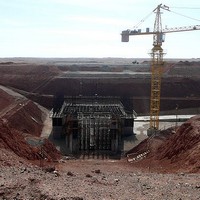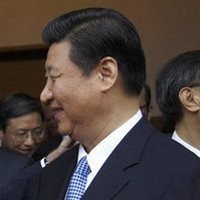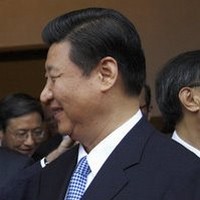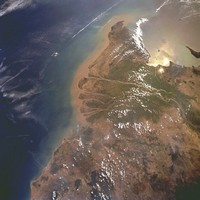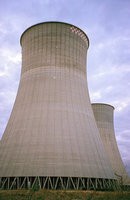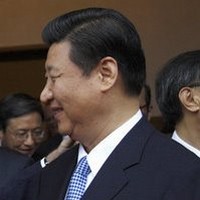
BEIJING — After much fanfare and stagecraft, China’s leadership transition, the most prolonged and pored-over in more than 30 years, ultimately ended with a distinct sense of anticlimax. The seven men who will rule China are, as reported by the South China Morning Post two weeks before the event, largely older, conservative cadres. Their identical suits and coiffures, as well as their stiff demeanor amid the stifling Stalinist décor, underscored the apparent dislocation between them and the society they have been anointed to lead. This is a group unlikely to implement the kind of accelerated reforms to China’s politics, economy […]



